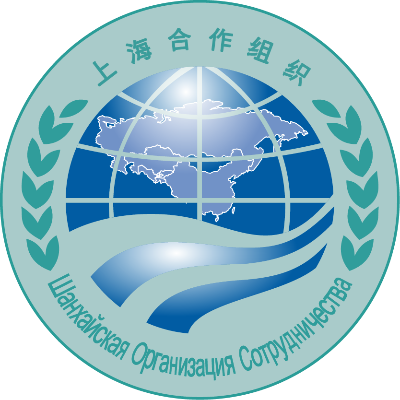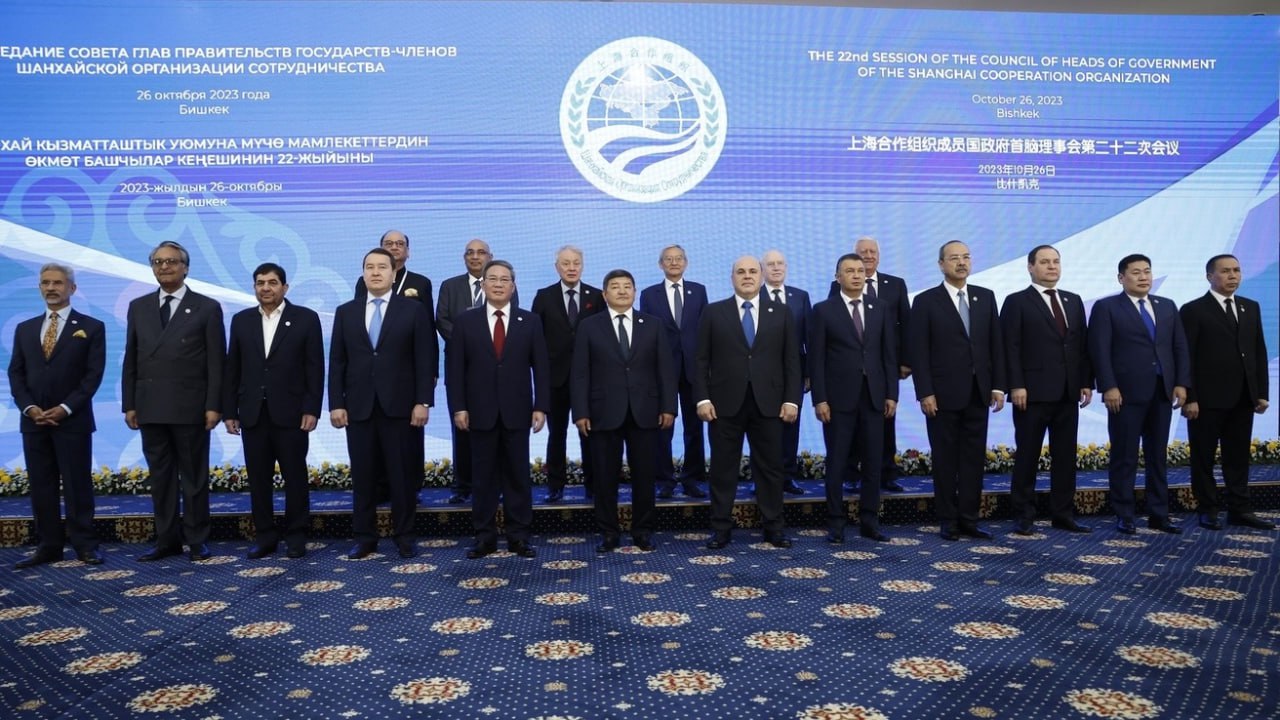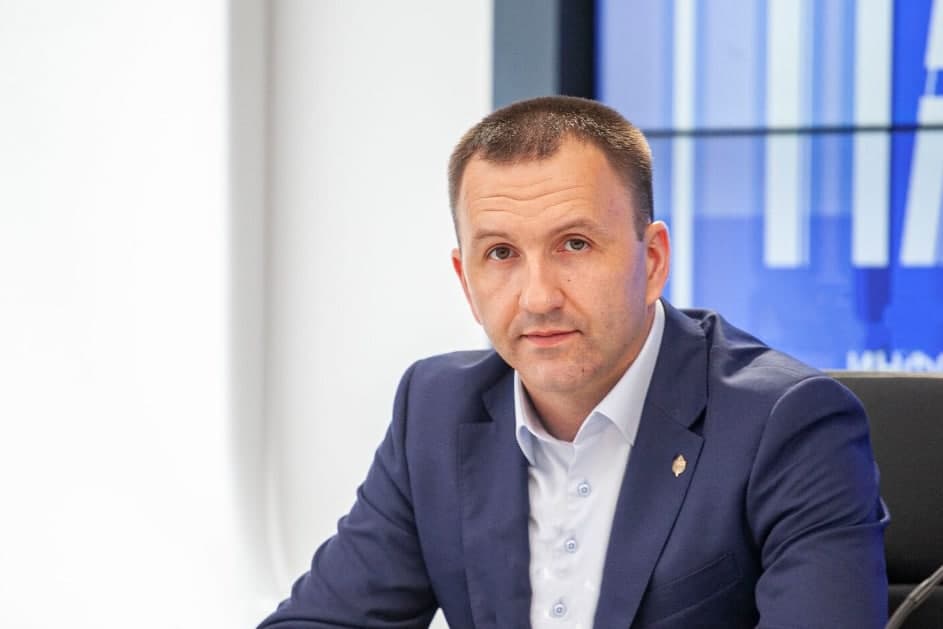The Shanghai Cooperation Organization (SCO) is a permanent intergovernmental international organization.
The Declaration on the establishment of the Shanghai Cooperation Organization was adopted at a meeting of the heads of states of Kazakhstan, China, Kyrgyzstan, Russia, Tajikistan and Uzbekistan on June 15, 2001 in Shanghai.
The basic statutory document of the SCO, the Charter (adopted on June 7, 2002, entered into force on September 19, 2003), defines the goals, principles, structure and main activities of the organization.
The main goals of the SCO:
- strengthening mutual trust, friendship and good neighborliness between Member States,
- promotion of effective cooperation between the Member States in the political, trade, economic, scientific, technical and cultural fields as well as in education, energy, transport, tourism, environmental protection, etc.,
- joint provision and maintenance of peace, security and stability in the region,
- moving towards the establishment of a democratic, just and rational new international political and economic order.
Currently, the SCO in various statuses includes:
- 9 Member States, namely the Republic of India, the Republic of Kazakhstan, the People's Republic of China, the Kyrgyz Republic, the Islamic Republic of Pakistan, the Russian Federation, the Republic of Tajikistan, the Republic of Uzbekistan, the Islamic Republic of Iran,
- 3 countries, namely the Islamic Republic of Afghanistan, the Republic of Belarus, Mongolia have the status of an observer state in the SCO,
- in 2021 at the meeting of the Council of Heads of the SCO Member States in Dushanbe the process of raising the status of Iran within the organization to the level of a Member State was launched, in 2022 at the Samarkand SCO Summit a similar procedure was launched in relation to Belarus,
- 9 countries, namely the Republic of Azerbaijan, the Republic of Armenia, the Arab Republic of Egypt, the Kingdom of Cambodia, the State of Qatar, the Federal Democratic Republic of Nepal, the Kingdom of Saudi Arabia, the Republic of Turkey, the Democratic Socialist Republic of Sri Lanka are the SCO dialogue partners.
The highest decision-making body in the SCO is the SCO Heads of State Council. It meets once a year and takes decisions and instructions on all the important issues of the SCO.
The Council of Heads of Government (Prime Ministers) of the SCO Member States meets once a year to discuss the strategy of multilateral cooperation and priority areas of interaction within the SCO, resolve fundamental and topical economic, other issues and also approve the annual budget of the SCO.
The permanent body, the SCO Secretariat, is located in Beijing.
On June 15, 2006 at the meeting of the SCO Heads of State Council in Shanghai the President of the Russian Federation Vladimir Putin initiated the creation of the SCO Youth Council.
The founding conference of the SCO Youth Council was held on May 4, 2009 in Yekaterinburg as part of the SCO Youth Assembly.
Youth cooperation within the framework of the SCO is carried out in accordance with:
- the Agreement on long-term neighborliness, friendship and cooperation of state members of the Shanghai Cooperation Organization of August 16, 2007,
- the Agreement between the governments of state members of the Shanghai Cooperation Organization on cooperation in the field of education of June 15, 2006,
- the Declaration on the Establishment of the SCO Youth Council,
- the provisions of the Joint Appeal of the Heads of the Shanghai Cooperation Organization Member States to Youth of June 10, 2018 which defines the priority goals and objectives of youth policy of the SCO Member States.
The development of youth cooperation with the SCO Member States is one of the priorities of the Federal Agency for Youth Affairs in the field of international youth cooperation (Schedule of activities for the implementation of strategic planning documents and other key areas of activity of Rosmolodyozh for 2019–2024).
Sources: the website of the Ministry of Fire Affairs of the Russian Federation and the collection "30 years of state youth policy of the Russian Federation" (30 years of state youth policy of the Russian Federation / MIREA – Russian Technological University. - M., 2022. - 340 p.)











